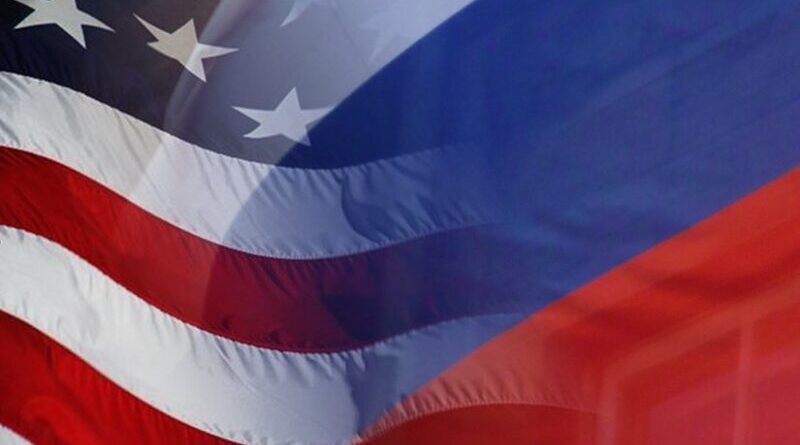Economic Sanctions Alone Unlikely To Change Russia – OpEd
The question of how Russia will evolve in the next decades is one of the most perplexing and at the same time central questions in modern geopolitics. Nowadays, Western leaders and analysts are preoccupied with how to influence Russia’s behavior in Eurasia. For the last four years, economic and political sanctions imposed by the West against Russia’s actions in eastern Ukraine and the Crimean Peninsula served as a major component in forcing Moscow to change its geopolitical outlook.
Sanctions and overall western pressure did work in a way: the Russian economy took a toll, poverty levels have risen, while decade-long forecasts do not augur a fine future for the country. Western pressure also stabilized the situation in Ukraine as it is unlikely that any further penetration by Russian military will take place beyond the Donbass area. The situation in Georgia is likewise stable, as Russia is seen to have reached its limit of influence, namely deployment of military bases in Abkhazia and Samachablo.
Seen from a strategic perspective, these successes are only short-term. Russia, with her military and economic potential, will use to her benefit international tensions across Eurasia. Then what should also be made to influence Russia’s behavior, knowing how loyal the Russians generally are to their authorities? Political power in the country, unlike in western countries, does not emanate from the people, but is rooted in the stable state apparatus made up from security, intelligence and army agencies.
It makes the question of influencing the Russians doubly difficult. In other words, economic problems inside the country and western pressure through sanctions are only short-term solutions. Russia’s history, however, provides some interesting insights on how the Russian state is generally susceptible to crises. The foreign policy realm is what has been crucial in causing changes in the politics of Russia and the subsequent change of political order in the country. Take the following examples.
The war with Japan in 1904-1905 ushered in the 1905 Revolution when deep internal problems began. People were revolting, workers’ soviets (councils) were created and Russia’s foreign policy decision-making process influenced. 12 years later, defeats during World War I and economic troubles caused by it, brought the 1917 February and October revolutions. Russia saw a dramatic change when the imperial pattern was substituted by a nominal workers’ government. During the Soviet Union, the war in Afghanistan was one of the defining moments in the decline of the Communist state and a major cause of its eventual disintegration.
True that in all the above cases Russia’s internal economic and social troubles played an important role, but it is direct foreign military pressure that has been instrumental to causing reverberations in Russia. Although this pattern might relate to most big geopolitical players, the Russian case is different. I mentioned above how loyal the Russians have been to their rulers throughout history – it is a part of the Russian mindset and not necessarily wrong in concept.
This brings to mind current geopolitical circumstances in and around Russia. The current crisis between Russia and the West, the product of many fundamental geopolitical differences in both the former Soviet space and elsewhere, will remain unabated at least for the coming years. Moreover, the successful western expansion into what was always considered the “Russian backyard” halted Moscow’s projection of power and diminished its reach to the north of Eurasia, between fast-developing China, Japan, and other Asian countries and the technologically modern European landmass.
However, overall, this might not be enough to dramatically influence Russia’s behavior. Protracted Russian military involvement in foreign countries is what the Russians fear most. Westerners hoped that the Russian troops would be bogged down in Syria: it did not happen. Similarly, many thought Ukraine might have turned into the major battleground, but it does not seem so. NATO’s expansion might seem a fundamental issue to Russia, but it is unlikely that there a major military confrontation will come to pass between the two.
Thus we may conclude that nowadays, we see how much Russia has lost throughout the last several decades in the former Soviet space. But internal problems alone do not suffice for changes in Russia’s geopolitical outlook. In fact, Russian history shows that foreign military pressure is fundamental, and this is the one thing Russia is not facing right now.
This article was published by Georgia Today.

